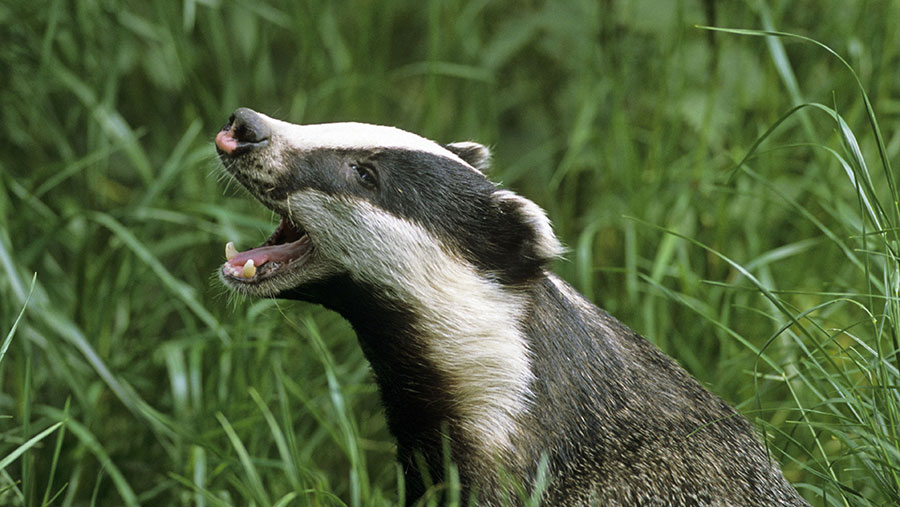Labour questions science behind badger cull extension
 © Terry Whittaker/FLPA/imageBROKER/Rex/Shutterstock
© Terry Whittaker/FLPA/imageBROKER/Rex/Shutterstock The Labour Party has written to Defra to demand answers over its decision to widen the badger cull in England this year.
In an open letter, Shadow Defra Minister David Drew says he is surprised that the government decided to expand the cull to 11 new zones this autumn, which could see up to 33,000 badgers killed.
Mr Drew, Labour MP for Stroud, accuses Defra of having done so “without any consultation or statement providing the rationale for such a dramatic move”.
See also: New badger cull zones to deliver £12m in net benefits, says Defra
In the letter sent to Farm Minister George Eustice, Mr Drew accuses Defra of “ignoring an evidence-based, scientific approach”.
Open letter from Shadow DEFRA Minister @DavidEDrew challenging the government's expansion of the badger cull pic.twitter.com/bpSA9qKHgf
— Labour DEFRA (@LabourDefra) September 18, 2017
He demands clarity over any “scientific evidence” pointing to the effectiveness of culling in the two trial zones in Somerset and Gloucestershire.
“The only academic study I can find is the paper Bruntun et al in the journal Ecology and Evolution,” he writes.
“Their general conclusion is that it is far too early to be able to derive any meaningful data, let alone evidence from the first two years of the study. What therefore has provided the scientific basis for the roll out?”
Mr Drew also questions why Defra provided only £700,000 for its Badger Edge Vaccination Scheme (BEVS) to support badger vaccination projects in areas outside the bovine TB high-risk area, compared with the “vastly increased” expenditure on the culls.
Testing for TB
Defra abandoned its own independent expert panel to monitor the effectiveness culling badgers after the first year of the pilot culls in Somerset and Gloucestershire in 2013.
Over the last two years, no badgers removed in the culls have been tested to see if they were carrying TB. “Surely if only cattle carcasses are being studied that is only one side of the equation?” writes Mr Drew.
He asks Defra what other reservoirs of bovine TB in the wildlife population are being studied for the incidence of the disease, such as roe deer in the countryside.
Mr Drew also asks Defra to detail any additional measures it has planned to deal with cattle-to-cattle transmission, which “remains the prime cause of the disease”.
Culling ‘best available option’
Defra has defended its decision to extend its badger cull policy to 11 new areas, including Cheshire and Wiltshire, this autumn.
Defra chief vet Nigel Gibbens added: “Proactive badger control is currently the best available option and the licensing of further areas is necessary to realise disease-control benefits across the high-risk area of England, rather than at local levels.”
